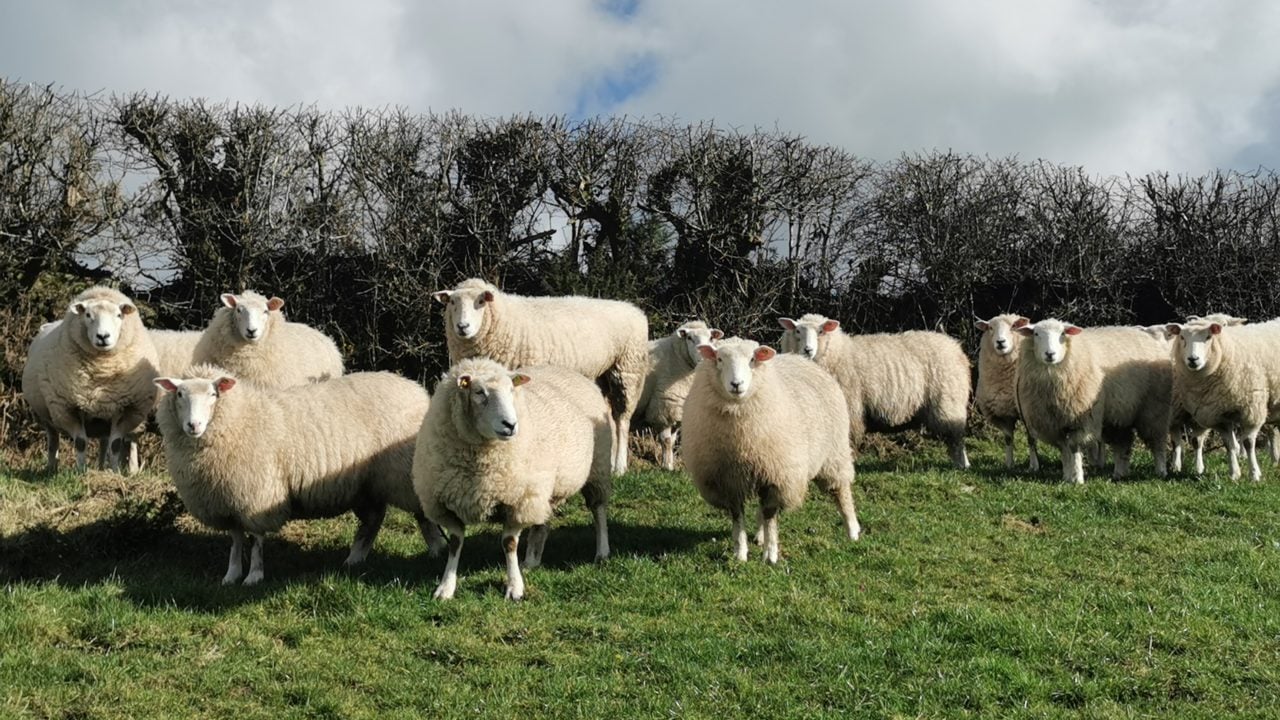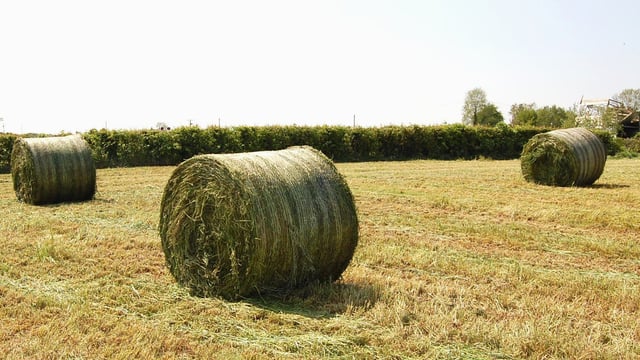Sponsored Article
Solar panels and sheep – a perfect combination
Sponsored Article

Do you have land that you are currently using for sheep grazing? Are you looking into sheep farming?
BayWa r.e. offers renewable energy solutions that allow farmers to lease their land to the company, whilst still using it for sheep grazing.
Cork-based renewable energy developer BayWa r.e. is working on solar energy projects of over 900MW in Ireland – planning to convert over 3,000ac of farmland into solar farms and offering Irish farmers long-term financial security.
It is convinced that synergies like these are necessary to reconcile agriculture and the energy transition goals that have been set up by the Irish government. There are many challenges in farming today, which is why it is aiming to offer its partners optimal solutions for their specific situations.
Grazing sheep under solar panels
Irish farmers have the opportunity to lease their land to BayWa r.e. on a long-term basis, usually for 35 years or even longer. For them, that means they can rely on a hassle-free investment, whilst securing a usage fee over the entire lease period.
With BayWa r.e. they also have a reliable partner that takes care of all services and maintenance during the entire project lifecycle.
As the solar panel foundations only cover around 5% of the land, the land can be used for grazing. After the lease, BayWa r.e. will decommission the solar farm and return the land to the farmer in its original condition.
Usually, this means that the land will have better soil quality than before, as it has not been impacted by intensive farming practices or treated with pesticides or fertilisers for several decades.
The benefits of grazing sheep under solar panels:
- Sheep naturally maintain the grassland, habitat, and soil quality during the operation of ground mounted solar farms– without extra costs;
- You can benefit twice from leasing your land to BayWa r.e.: In addition to a guaranteed income over several decades, you have the opportunity to continue to graze sheep on your land;
- The panels protect the sheep from the weather. Studies have shown that sheep living among rows of solar panels rest more and appear to experience less heat stress;
- The grass that is growing under solar panels is protected from damaging weather impact and thus more nutritious for your sheep.
Combining agriculture and renewable energy
BayWa r.e. has developed over 35 solar farms in Europe that are used for sheep grazing, installing over 1,000MW of green, renewable electricity.
In order to qualify for development into a solar farm, farm land should be:
- Relatively flat: In order to perform effectively, solar farms need to be erected on even ground;
- In areas of high irradiance levels: The more sunlight there is in a region, the more suitable it is for capturing solar energy. In Ireland that is mostly around the south west and east of the country, however, new technologies now make it also possible to capture solar energy in less sunny areas;
- In proximity to grid connection substation or high voltage line running through the farmland: The energy that is captured by the solar panels will need to be fed into the grid. It is therefore essential that the potential land has access to a suitable grid connection.
Is your land suitable for solar development?
If you would like to find out more about how you can benefit from leasing your land to BayWa r.e., click here.
Alternatively, contact the company’s team in Cork by emailing; [email protected], or calling; 021 2378 200.
Sponsored Article





